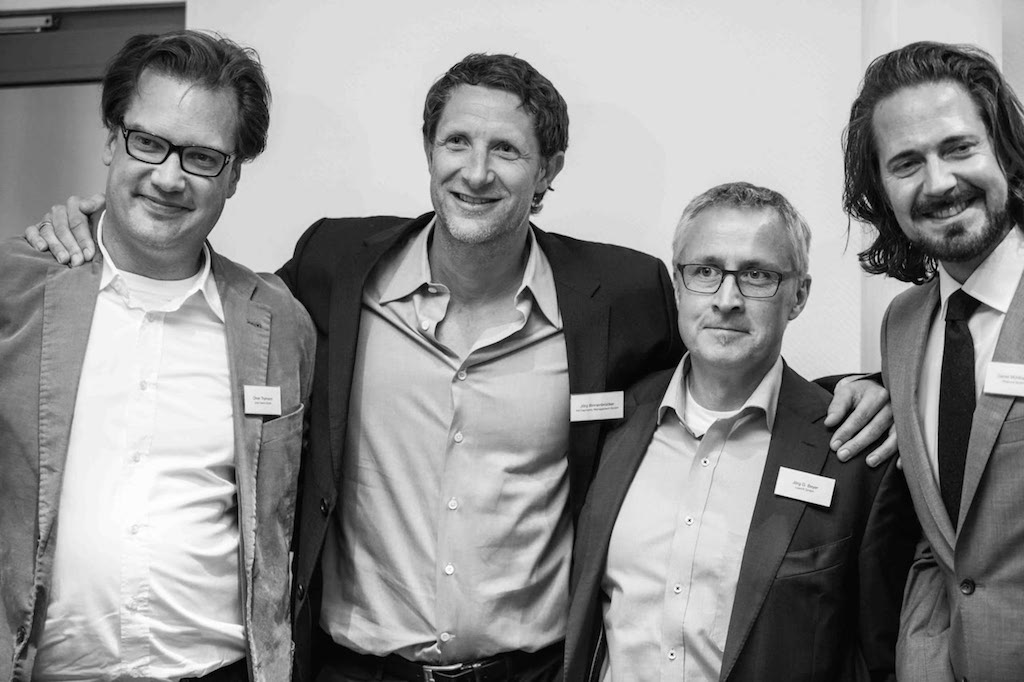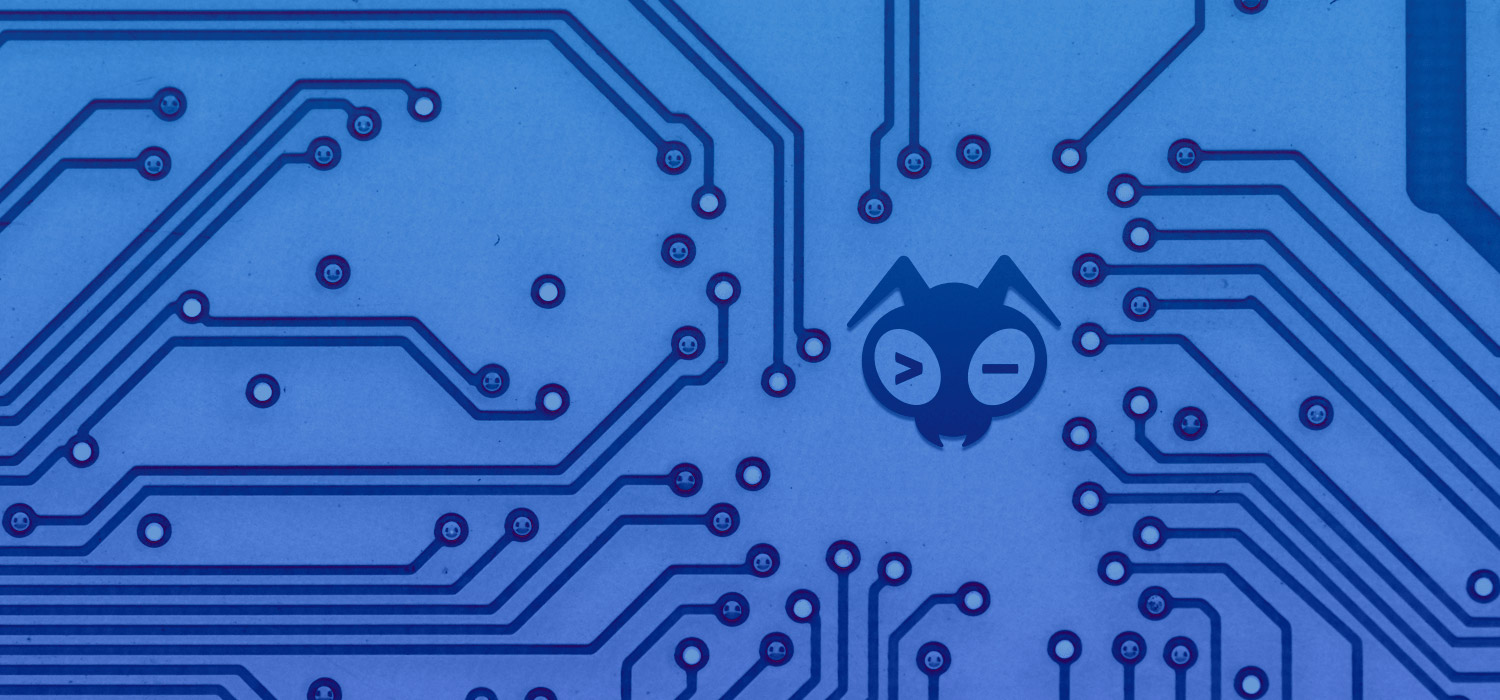Trust as Differentiator
by Oshrat Nir on Dec 11, 2019

Do you trust us?
In a recent meeting, I was trying to suss out the differentiators of Giant Swarm and put them into words. When we moved beyond gut feelings the word TRUST popped out.
Since I’ve been in marketing for a while, I tend to be wary of generic terms being thrown around. It’s pretty common for companies to position themselves as trusted advisors to their customers without much attention being given to the true meaning of “trusted.” So, I decided to dive into this a little more.
Trust can be driven by your head or your heart.
Cognitive Trust: Based on the confidence you feel in your counterpart’s accomplishments, skills, and reliability. Essentially, your credentials and consistent delivery.
Affective Trust: Arises from feelings of emotional closeness, empathy, or friendship. Personal connections that help create good work relationships.
In business, one would expect that decisions will always be based on cognitive trust. At Giant Swarm, we have found that this is only part of the story. Affective trust is very important to our business transactions as well. Especially in on-going relationships.
What is the value of trust?
The importance of trust for organizational success was highlighted as early as 1972. In a study conducted by Prof. Dale Zand at New York University, he reported that:
“Apparently in low trust groups, interpersonal relationships interfere with and distort perceptions of the problem. Energy and creativity are diverted from finding comprehensive, realistic solutions, and members use the problem as an instrument to minimize their vulnerability. In contrast, in high trust groups, there is less socially generated uncertainty and problems are solved more effectively.”
In a 1977 article in the Harvard Business Review, R. Wayne Boss conducted a study that built on Zand’s work. It concluded that:
“Under conditions of high trust, problem-solving tends to be creative and productive. Under conditions of low trust, problem-solving tends to be degenerative and ineffective.”
Finding these quotes made my heart sing. Because this is exactly the way Giant Swarm works. So having it based in science is validating. We work with our colleagues and our customers to solve problems, quickly, effectively, and for good.
Time is not wasted on finger-pointing and finding scapegoats. This, by the way, is a paraphrasing of something a customer said to us. He mentioned this after we had spent a weekend solving an elusive and complex problem. In case you were wondering, a workaround was found in less than three hours and a solution within one business day.
So how do we build trust at Giant Swarm?
Client Focus: We are not in business solely to make money, but actually to help our customers. Money is a byproduct of success, not the other way around.
Collaboration: We collaborate with upstream, partners, and customers. We team up with our customers to create the best solutions for them. What we don’t do is follow the latest community hype just to check a box.
Transparency: We believe that trust is a result of not keeping secrets. Our value of “transparency,” emphasizes being open and visible without hidden agendas.
Time Frame: Perhaps the most important parameter. We think about our business in terms of relationships and not simple transactions. For us, when the deal is closed, it is the beginning, not the end.
These four pillars of building trust work on both cognitive and affective trust. We strive to win both the minds and the hearts of our customers.
A few closing words on affective trust. Giant Swarm is a fully remote company with employees spanning half the globe - from Asia to North America. This, along with event attendance, creates opportunities for us to meet our customers and socialize with them. The social bonds do indeed enhance affective and overall trust.
You May Also Like
These Related Stories

Cologne Future Award for Digital Transformation
Last Tuesday we won the Cologne Future Award, which was given out the first time as part of a yearly meeting called “Kölner Impulse” held at the Roton …

Blogging with Docker on Giant Swarm – First Steps with Ghost and Wordpress
In the spirit of dogfooding I got my blog running on Giant Swarm, first I tried Ghost, then moved to Wordpress.

Where are we going with the Giant Swarm API?
In the coming months we are going to take a new direction with our API. In this blogpost we share the reasoning behind this shift.
